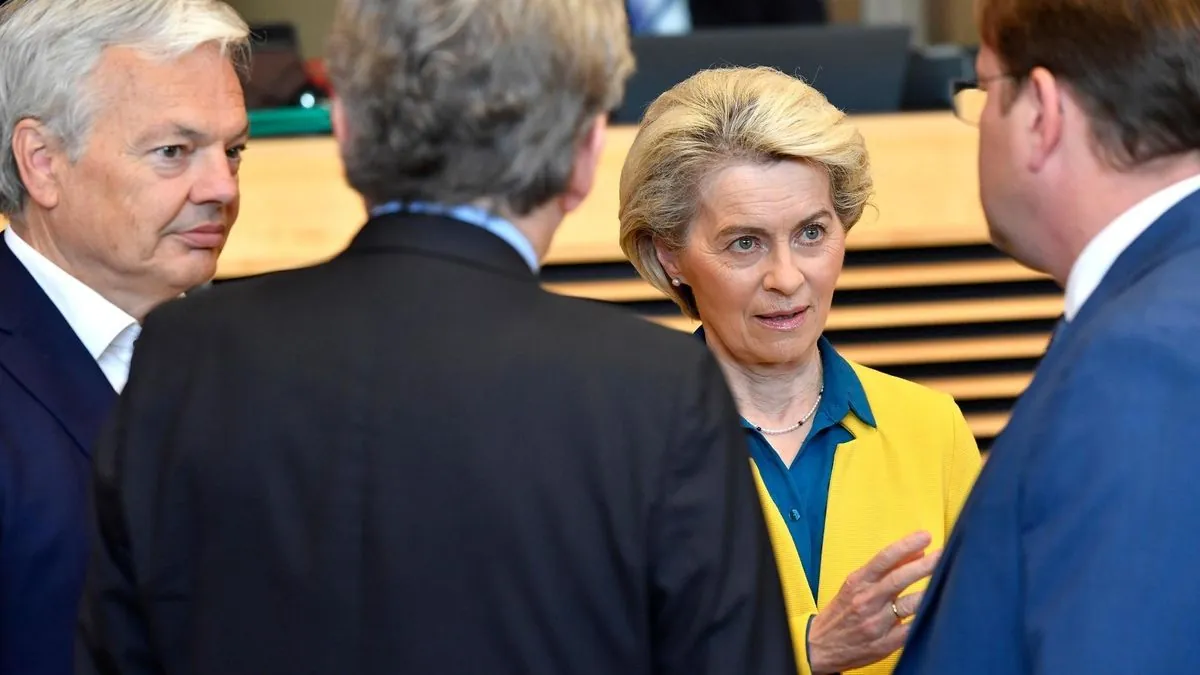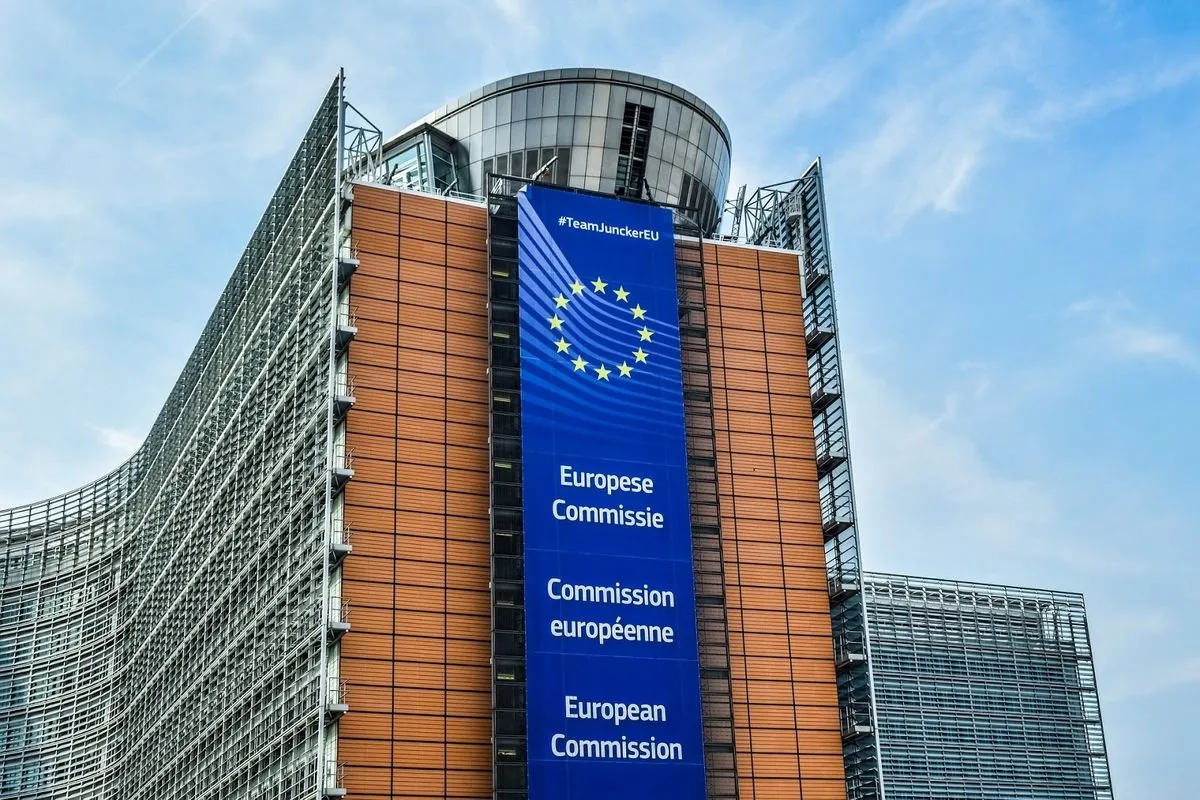French EU Commissioner Resigns Amid Leadership Dispute
Thierry Breton steps down from European Commission over alleged conflict with President von der Leyen. Resignation comes as new Commission lineup is being finalized.

In a surprising turn of events, Thierry Breton, the French European Commissioner, has announced his resignation from the European Union's executive body. This decision comes amidst allegations of a rift with Commission President Ursula von der Leyen, just as she prepares to unveil her new team for her second term.
Breton, who previously served as the EU's industry and internal market commissioner, oversaw crucial policies ranging from industrial arms production to Big Tech regulation. His departure marks a significant shift in the Commission's dynamics, especially considering the importance of his portfolio.
The resignation was made public through a letter posted on X (formerly Twitter), where Breton claimed that von der Leyen had requested Paris to withdraw his candidacy "for personal reasons" in exchange for an allegedly more influential portfolio. This accusation has raised questions about the governance practices within the Commission.

The European Commission, as the EU's executive branch, plays a vital role in proposing legislation, implementing policies, and managing the day-to-day operations of the union. With 27 Commissioners, one from each member state, the allocation of portfolios significantly impacts the political weight of each representative.
Ursula von der Leyen, who made history as the first female President of the European Commission in 2019, is currently finalizing her list of commissioners for her second five-year term. This process has now been complicated by Breton's unexpected resignation.
"In light of these latest developments - further testimony to questionable governance - I have to conclude that I can no longer exercise my duties in the College."
This incident highlights the delicate balance of power and representation within the EU's governing bodies. Commissioners are expected to represent the interests of the EU as a whole rather than their home countries, making the selection and allocation of portfolios a sensitive process.
As the situation unfolds, it remains to be seen how this resignation will affect the formation of the new Commission and its ability to address pressing issues such as industrial strategy, digital regulation, and global competitiveness. The European Parliament, which has the power to dismiss the entire Commission through a vote of no-confidence, will likely scrutinize these developments closely.
With the Commission's seat in Brussels serving as the epicenter of EU policymaking, this resignation adds another layer of complexity to the already intricate process of shaping Europe's future. As von der Leyen prepares to present her new team, all eyes will be on how she navigates this unexpected challenge and maintains the Commission's crucial role in negotiating trade agreements and driving the EU's economic engines.


































